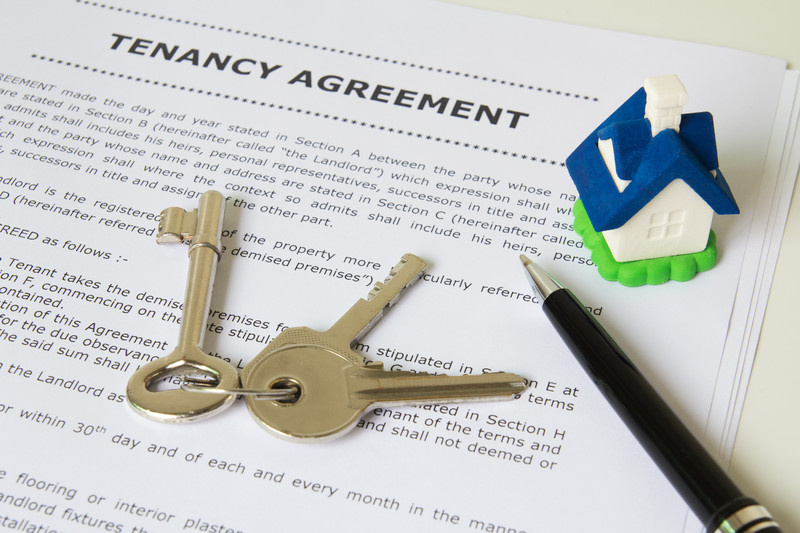Property Law
Property law refers to the process of acquiring, sharing and protecting valuable assets. A person may require a property law solicitor for any of the following reasons:
- Buying
- Selling
- Leasing
- Transfer of Equity
- Remortgages

Types of Property Ownership
‘Property ownership’ may refer to several different circumstances. There are 3 main types of ownership:
Freehold
Freehold properties are owned in perpetuity. This means the owner has comprehensive rights to the immovable property, including the title to the land and everything within its limitations, for an indeterminate period of time. A freehold owner also has rights to the buildings, trees and any underground resources which are immoveable within the limits of the property.
Leasehold
With leasehold ownership, the owner only owns the property for a fixed period of time. This type of ownership usually involves an agreement with the landlord (the freeholder) called a ‘lease’. This lease is a contract which sets out how many years the tenant owns the property. When the lease comes to an end, ownership of the property reverts to the landlord.
Share Transfer
Properties which are subject to share transfer structures usually comprise of a number of flats or apartments. In this case, the freehold title of the property is owned by a company and purchasers acquire shares in the company which give them rights to the use and occupation of specific units.
Types of Ownership
A property may be owned in a number of different ways:
- When a property is owned by an individual, that person and that person only has rights over the property.
- When a property is purchased by joint tenants, both tenants have an equal and indivisible interest in the property which cannot be disposed of by the other individual’s interest.
- When a property is owned by tenants in common, each co-owner has a specified share in the property. Each share does not have to be equal but no shares can be alienated.
- Inherited property can pass into the ownership of one or more individuals.Any individual is entitled to occupy the property regardless of their housing status.
